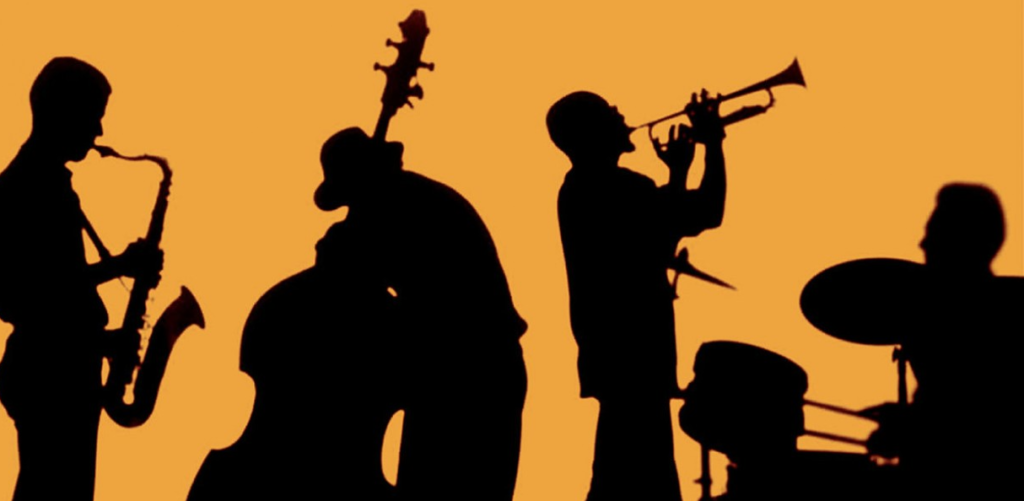Jazz is the music of restless hooligans, and yet it is jazz that should save us from the noise and rattle of a shrill civilization, to bring harmony and peace back into our lives,” talks to the composer, jazz bassist, teacher, head of the Department of Jazz and Pop Music at the University of Lublin, and head of the Polish Jazz Association.
- Jazz is one of the oldest forms of American popular music, with its roots going back to the late 19th century.
- Jazz is based on melodic and rhythmic improvisation, which makes each performance unique.
- Jazz has many styles and trends, including bebop, swing, bebop blues, jazz rock, and jazz fusion.
- Jazz has a rich history and cultural significance that includes influences from African-American culture and music.
- Jazz is considered one of the most important and influential musical forms in the world, and many famous musicians began their careers playing jazz.
There are more and more graduates of jazz schools every year. Does it mean that jazz is developing in Poland?
Jazz is flourishing in Poland! There are a dozen jazz departments at higher and secondary educational institutions. 120-180 jazzmen leave Polish universities every year. Why do we need so many jazzmen? Clearly, there won’t be many greats in such a large group, but you don’t have to worry about them. But what about the others? First of all, they don’t all have to be virtuoso soloists. Second, many of them will teach in music schools and universities. Third, they could be working in houses of culture. Besides, if you get a jazz education, you don’t have to play jazz. After all, there is rock, blues, funk, pop – all have common roots with jazz.
Is jazz the basis of all these musical directions?
Jazz music is an academic discipline because jazz is more complex than all of that. Jazz education is a serious thing, a huge field. If someone plays what’s called swing, it’s jazz.
How do you explain to students in your first lecture what jazz is?
Jazz is a language, a way for musicians to communicate: among themselves and with the audience. It obeys, as any language, certain rules. It is a peculiar world of rhythms, which is inherent only to jazz (swing and walking bass are only in jazz), a certain approach to improvisation.
It is shortsighted to say that jazz is over, that there won’t be anything new. There have often been gloomy prophecies in the history of jazz that nothing new would be invented, but there has always been a genius who turned everything inside out, created something unbelievable, and discovered something new. A new thing was born! The concept of jazz is stylistically very capacious. It is open, receptive to different influences and new ideas.

Music is not for everybody
I respect my ego, a workhorse that rushes forward [interview]
In an interview with Culture.pl, pianist and composer Leszek Mozdżer reveals the secrets of the creative process.
Nevertheless, there is a lot of music on the market that is called jazz, but is not. How do you distinguish it?
Jazz musician is distinguished by a developed sense of harmony, form, rhythm. It requires both talent and work. You can’t do it without it. If someone says he’s a jazz musician, he has to be familiar with the standards. He can perform them in his own way, but he has to understand what is hard-bop and mainstream in the jazz genealogical tree.
All the young avant-gardists talk about Coltrane. Coltrane went all the way through jazz history in his development. And you can hear it in his every phrase. Until the last period of his life, when his music was already delineating entirely new sonic fields – intellectual and spiritual. With some musicians one hears that they don’t need this “multiplication table. Naturally, one can and should play in one’s own way. But there are rules you can’t ignore, or you’ll falsify. So you have to learn.
Anyone can be taught to play jazz?
No (laughs)! Not everybody. You have to have certain mental qualities to play jazz. You have to be a little bit of a restless spirit, a little bit of a hooligan, in a good sense of the word. This music is not for those who sit at home in slippers, with a book in front of the fireplace and complain about the weather.
What mistakes do young musicians make most often?
Young people who want to play jazz make the mistake of thinking that certain things can be neglected. For example, harmony, the ability to play standards. I explain to them: play your own way, but in a way that it has a form, that it’s still jazz. But they think it’s all obsolete. It’s not that I’ve been teaching for fifteen years. It’s just the way I was brought up, I’ve been down that road from start to finish, and I think it’s the right way. If we’re talking about instrumentalism, then, sorry, you can’t do without it. With vocalists, by the way, it’s the same story. There’s a need for humility here. I hope my students understand this and I have managed to instill it in them. But in general – they are great!
We are not cool, we are hot.



